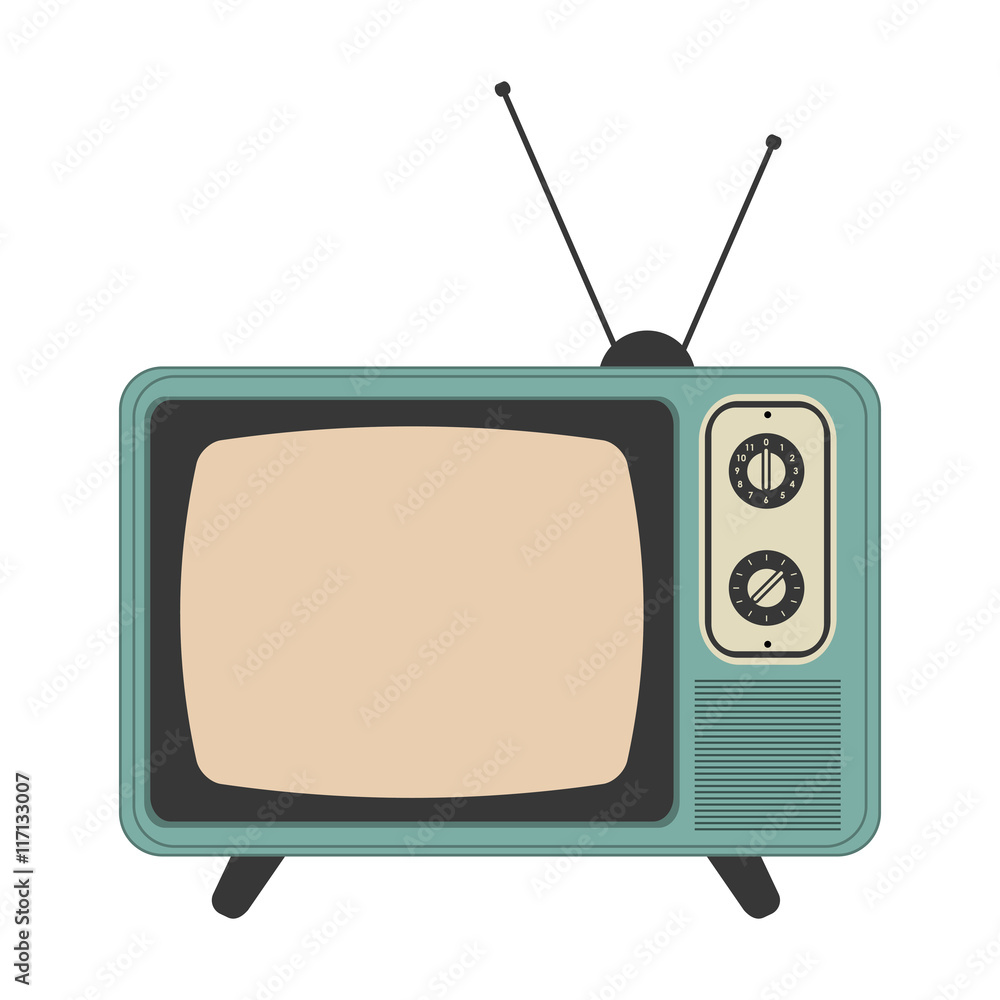Over the weekend, the coming chaos of the floundering regional sports networks *RSN) took another hit.
Warner Bros. Discovery (WBD) informed the teams and leagues it has carried on its RSN, that they will be exiting the RSN business space within the next few weeks.
The impact of Warner Bros. Discovery departure from RSN, through its AT&T SportsNet brand, will be felt in Denver, Pittsburgh, and Houston. IN addition, the ROOT SPORTS channel is Seattle is on the precipice.
The deadline is far more concrete than the Bally Sports RSN debacle discussed here earlier this month.
Teams have until 31 March to work arrangements on taking their rights back from Warner Bros. Discovery, or risk losing them in the entanglement of Chapter 7 liquidation.
With WBD pulling the cable out of sports, there are at least 10 teams with anxiety levels this week including MLB teams (Astros, Mariners, Pirates, Rockies), NBA teams (Blazers, Jazz, Rockets) and NHL teams (Kraken, Penguins, Golden Knights)..
One modicum of ease is coming from WBD being magnanimous in allowing teams to the current staff and and equipment to continue broadcasting games. If WBD and AT&T SportsNet are willing to leave the high-priced equipment and staff behind, then one has to wonder the future of broadcast sport in general, not just RSN or streaming.
The perceived threat of streaming services continues to claw at the RSN business model. The competition for eyeballs is one thing, but the fallacy may be the loss of interest in sport altogether.
And, when podcasts become the source of news and commentary, streaming services the same fate of the RSN.
Last week, PuckNews podcast “The Town” featured the RSN chaos on its episode.
“The world changed a lot and there were a lot of video options and entertainment options that didn’t exist before and then we had cord-cutting,” said Brandon Ross of Lightshed Partners, a media research firm on the podcast. “The people who (now) subscribe to the cable bundle are only the sports fans and people who only want news networks. All the general entertainment is being viewed on streaming services like Netflix.
“The truth of the matter is this (RSN) business will never ever be as profitable as it once was because all of these RSNs were over-earning,” Ross said, “and as a result of that they were able to pay the teams more than they should have been, which means the teams were also over-earning (and) the players were over-earning.” 
The future is almost certainly a single-feed broadcast, in any medium, with travel teams covered by their broadcasters at home in front of a television screen or their phones.
That will wear thin quickly, and who will replace the seasoned play-by-play announcer? The generations of sports fans and viewers are thinning as quickly as the fortunes of cable TV. If you think ticket prices are high now, wait for the television revenues to dry up.
ProHockeyNews will continue to follow this story here and on our @PHN_PODCAST.



You must be logged in to post a comment.